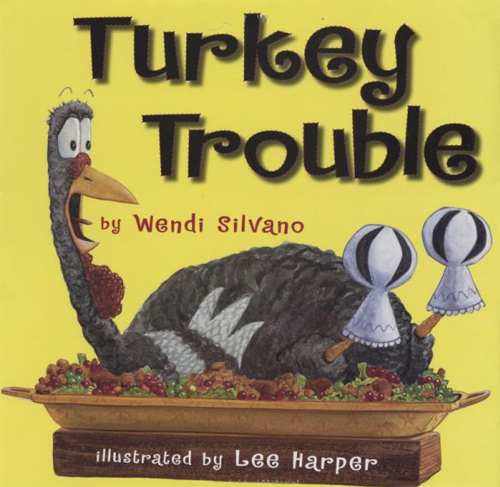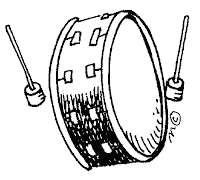

I hope everybody had a fun summer. I know I did!
Today, I was thinking about those days long ago when I jumped on the bus and strolled into my elementary school classroom for the first time. I
loved, loved, loved school, and looked forward to the end of summer, so I could get back there. I also had (and still have) a fondness for new school supplies, and I couldn't wait to break out those shiny pens, pencils, and notebooks.
After we got settled into our seats, we were always asked to write about our summer vacation. I wrote pages and pages about playing with Barbie dolls under a willow tree, walking across the cornfield to a friend's farm, picking berries, playing kickball, camping, visits to the seashore, and more. Years later, I realized that this was my teacher's sneaky way of learning a couple of things, like, what were my interests and how well did I put my thoughts into words. Was she really interested in what I did over the summer, or was she looking at my misspelled words, weak adjectives, and not-so-perfect cursive handwriting?
Well, I am interested in getting YOU back into writing, so let's get started. But instead of writing about what you did over the summer, I'd like you to write about your
fantasy summer. If you could have done anything, what would you have done? If you could have gone anywhere, where would you have gone? And/Or if you had the opportunity to hang out with a certain person from the past, present, or future, who would it be?
IF you are feeling brave, send those one-page stories to me at
info@nancyviau.com. I will read them, I promise.
Check in next Thursday for a new WIT post. Until then...
HAPPY BACK TO SCHOOL
AND
HAPPY WRITING!





















